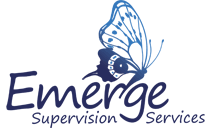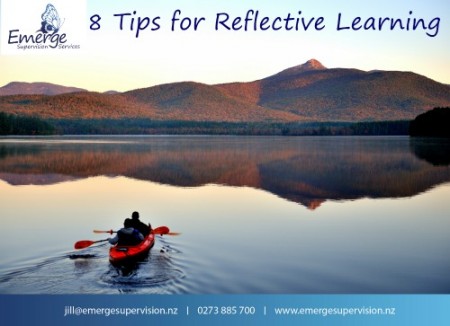“Reflection is much more than a cognitive or abstract process – it involves emotions, intuitions, sensations, and bodily experiences that resonate with the heart as well as the head.” Michal Caroll
In our work practice we often have a teaching role. Whether for ourselves, our clients, new graduates or students reflecting on what we are learning is an important stage to consolidating the knowledge. The step between learning something new and truly integrating it requires reflection.
In his article – From mindless to mindful practice: on learning reflection in supervision (Psychotherapy in Australia Aug 2009) Carroll explores ways to help individuals and small groups learn how to be reflective. In an earlier blog Unashamedly Navel Gazing I explored some of his research.
King and Kitchener (1994) provide these 8 suggestions of how to help people learn how to reflect.
1) Show respect for individuals as people regardless of their level of development.
2) Understand that individuals differ regarding their assumptions about knowledge and personalise your interventions.
3) Introduce “ill structured problems” early and encourage individuals to wrestle with them.(“what if?” questions)
2) Create opportunities for learners to examine different points of view on a topic.
5) Help learners suspend judgement temporarily.
6) Help individuals make judgements and explain what they believe. (provide a safe space to share)
7) Provide lots of support and lots of challenge.
8) Deal with the emotional aspects of learning and realise that much reflection is the ability to understand, name and manage emotional reactions. Shame can be detrimental in facilitating reflection.
How might you influence someone’s ability to learn reflection?



